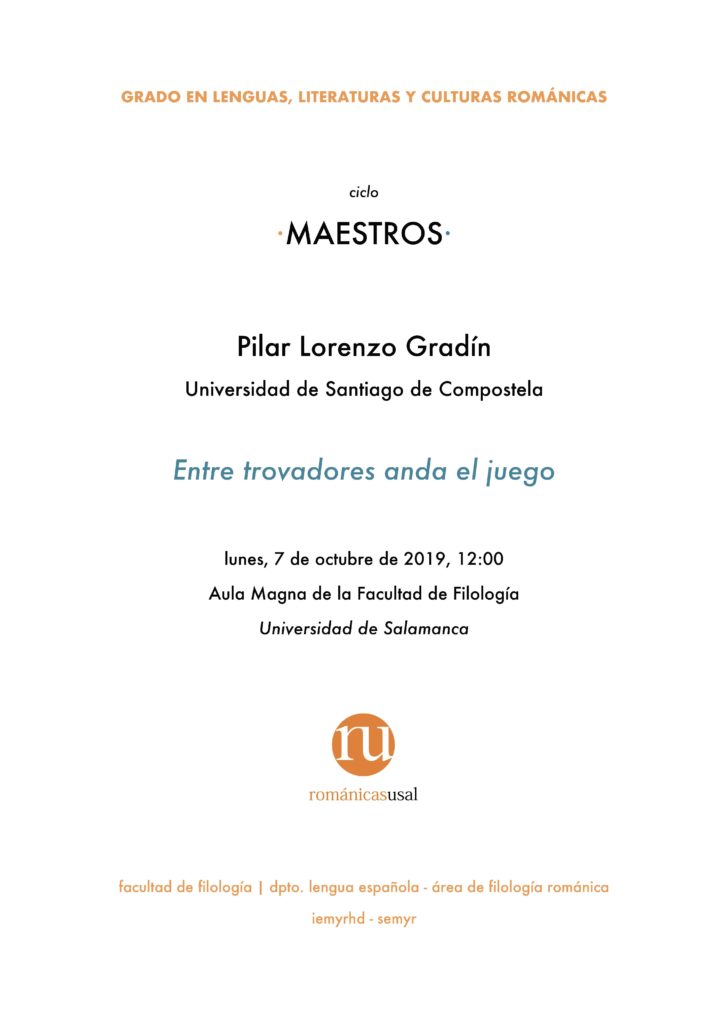Dear colleague,
I am writing to let you know that Isogloss. Open Journal of Romance Linguistics is now accepting submissions.
Established in 2015, Isogloss has recently undergone a reform with respect to its scope, editorial and review policy, as well as editorial team and board.
The change of scope includes enlarging the areas of inquiry to general theoretical and experimental linguistics, with the Romance varieties as object of investigation.
Harmonising with recent developments in academic publishing, Isogloss endeavours to trigger a change of paradigm in the field, by its novel review and publication policy.
Regarding the novel review policy, the editorial team have established that the process should be:
- CONSTRUCTIVE: the reviewer’s task is to check if the paper is coherent, well-researched, advances knowledge in the field, and contains neither plagiarism, nor other forms of academic misconduct;
- TRANSPARENT: non-anonymous reviewers and disclosed review reports (upon reviewer’s approval, their name is disclosed and the report is made public);
- FAST: it has been noted in our field that the publication process is negatively impacted due to the ‘Revise and resubmit’ option, which usually severely delays publication; Isogloss’ policy includes the following options to evaluate a paper: ‘Accept’ / ‘Accept with minor revisions’ / ‘Reject’; traditional ‘Revise and resubmit’ option in which the reviewer would propose alternate analyses to the paper under review is replaced with the invitation for the reviewer to publish a ‘Reply’ to the reviewed paper;
- FAIR: the contribution of the reviewers, as well as their names, will be public (upon their approval).
- OPEN: All contents, including the reviews, will be freely available for download.
Isogloss adopts the following publication policy:
- Open Access;
- no publication fees;
- copyright and intellectual property of the scholarly work stay with the author(s) of the papers;
- continuous publication (as soon as the paper is accepted for publication, edited and formatted, it goes online on Isogloss’ webpage).
Isogloss editorial team has two editors-in-chief, Roberta D’Alessandro (Utrecht University) and Ángel J. Gallego (Universitat Autònoma de Barcelona), alongside five associate editors: Alexandru Nicolae (Institute of Linguistics, Romanian Academy & University of Bucharest), María Carme Parafita Couto (Leiden University), Diego Pescarini (CNRS, Université Côte d’Azur, Nice), Anna Pineda (Sorbonne Université) and Michelle Sheehan (Anglia Ruskin University, Cambridge). Isogloss will also host the Romance Languages and Linguistic Theory – RRLT– series, which publishes a peer-reviewed selection of selected papers presented in the annual meeting of the Going Romance conference; Haike Jacobs of the Radboud University in Nijmegen has been appointed as Isogloss editor-in-chief for the RRLT series.
Reuniting an international team of experts in Romance theoretical and experimental linguistics, the editorial board has been assembled with gender, seniority and areal equality in mind.
Isogloss is a peer-reviewed journal edited by Universitat Autònoma de Barcelona, available online at ![]() https://revistes.uab.cat/isogloss (where one can find all the information about the journal’s domain and scope, editorial team and board, review and publication policy).
https://revistes.uab.cat/isogloss (where one can find all the information about the journal’s domain and scope, editorial team and board, review and publication policy).
We would be happy if you could share this message with anyone potentially interested.
Best wishes,
Roberta, Ángel, Alex, Anna, Diego, MCarme, Michelle


